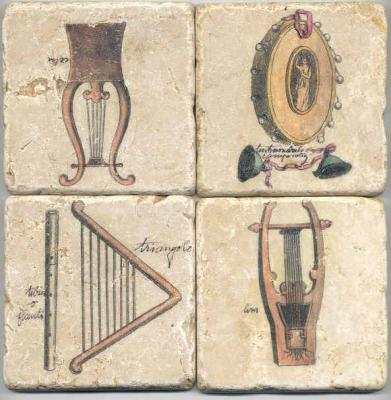
were freed, they were subject to continued harassment and degradation, which continued legally for close to 100 years, and then has continued illegally until today. So, unlike in Rome, when slaves in the U.S. Also, if a slave owner wasn't sufficiently cruel to his slaves, he could be subject to violent reprisals from the non-slave owning whites in his community. If an African American managed to become freed, and they did better than their white neighbors, they could be lynched (and after the Civil War, they often were - whole towns were murdered). The other fucked up part of Southern slavery was the explicit promise that no white man would fall below an African American. Since, however, slave owners liked raping their slaves, and their slaves kept getting pregnant (virtually all African Americans have some European heritage as a result, by the way), the Southerners determined that "one drop of African blood" was sufficient to remain a slave. In contrast, slavery in America was race based and deeply fucked up. But a disobedient slave would be sent to the mines, and would die within a year or two. Now, keep in mind that slaves in Rome had deeply fucked up lives, which lessened somewhat after the Third Servile Rebellion (Spartacus), when Romans recognized that they may have gone too far. They were still under the umbrella of their old masters, but as patron-client, not master-slave. And when they were freed, they entered Roman society like anyone else. In Rome, slaves could be from any race or ethnicity. The average Roman slave owner would probably be taken aback by the racial component of slavery. The situation changed only in 2nd century CE with the halted expansion and increased number of manumissions.

This, as we know, quickly led to the three Servile Wars. This changed with the rapid expansion and the emergence of large latifundia, when the landowners realized that use of slave labour may be more profitable than renting the land to tenants and the rural slaves became pretty much things treated purely instrumentally and deprived of most basic rights. Sure, they have had a lot of duties to perform and were not even remotely equal to children or other relatives, but they were not mere 'speaking tools' ( instrumenta vocalia).

Initially, until the end of 3rd century BCE slaves were generally treated as members of the family and taken good care of, not unlike household servants. But the agricultural work was not that harsh and from what we can gather from the contemporary sources, slaves in the large latifundia in the late Republic and early Empire period were generally treated in the way similar to the way American slaves were treated or, in some cases, even harsher as slaves of the Romans usually were not allowed to have a family.īut even then, the life of a slave was not an uniform one in the history of the Roman Republic and Empire.

Dangerous work, including mining was usually done by the damnati or people enslaved as the punishment of their crimes, usually the most serious ones, as being turned into a slave and condemned to work in the mine ( damnatio ad metallum) was basically a death sentence. There were many forms of slavery in the ancient Rome.


 0 kommentar(er)
0 kommentar(er)
